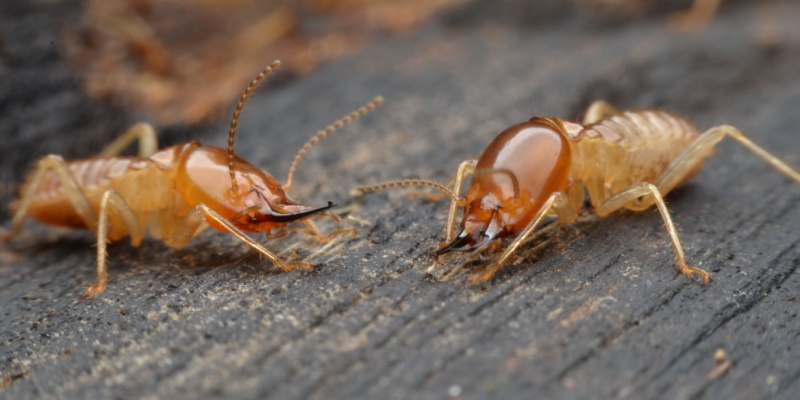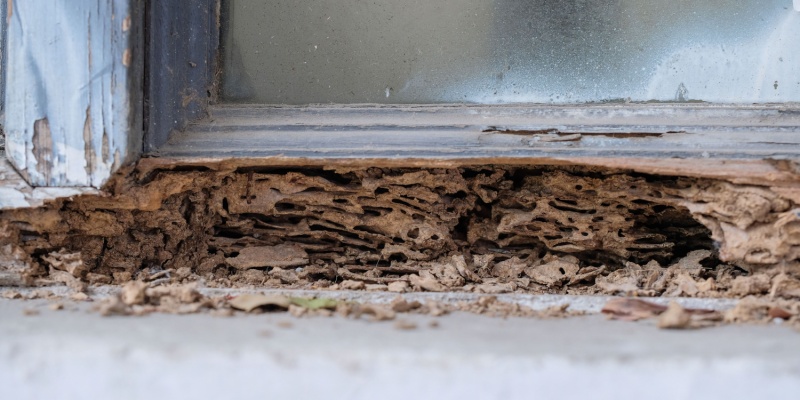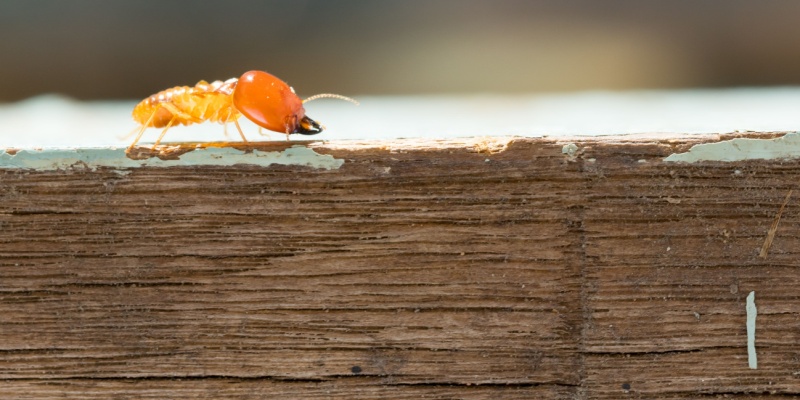In Upland, California, homeowners face a significant risk from termites, pests known for causing extensive damage to wooden structures both silently and swiftly. The local climate, which is characterized by mild winters and warm summers, creates an ideal breeding ground for these destructive insects. Protecting your home from termites is crucial in maintaining its structural integrity and value. Here’s a comprehensive guide on how to safeguard your Upland home from termites, incorporating prevention strategies and recognizing early signs of infestation.
Preventive Measures to Deter Termite Infestations
1. Regular Inspections
The first step in preventing termite problems is to conduct regular inspections. Hire a professional pest control service to inspect your home annually. These experts can spot early signs of termite activity and take preventive actions before significant damage occurs.
2. Moisture Control
Termites thrive in moist environments. Ensure that your home’s foundation remains dry through proper drainage. Fix leaks promptly, use dehumidifiers in basements and crawl spaces, and maintain gutters and downspouts to divert water away from your home.
3. Proper Ventilation
Ventilation plays a critical role in keeping damp areas of your home dry. Ventilate crawl spaces and attics to reduce humidity levels, which can attract termites.
4. Wood Treatments
Treat wood structures with termite-resistant finishes and coatings. If you are building or remodeling, consider using treated wood, especially near the foundation, windows, and door frames.
5. Landscaping and Yard Maintenance
Keep the perimeter of your home clear of wood debris, such as fallen branches and tree stumps, which can attract termites. Use mulch sparingly, as it retains moisture and can serve as a food source for termites. Instead, opt for alternative ground covers like rock or rubber mulch.
Early Signs of Termite Infestation
Detecting a termite infestation early can significantly reduce the extent of damage and the cost of repairs. Be vigilant for these signs:
- Mud Tubes: Look for pencil-sized dirt tunnels near the home’s foundation or on exterior walls, which termites build to travel safely between their colony and food sources.
- Hollow Wood: Termites consume wood from the inside out, leaving a thin veneer of timber or paint. Tap on your wood structures. If they sound hollow, it might be time to call an exterminator.
- Frass: Drywood termites, common in California, leave behind wood-colored droppings as they eat through wood. Finding these tiny pellets near woodwork is a clear sign of infestation.
- Swarmers: The appearance of winged termites or discarded wings inside your home can indicate an active termite colony. These swarmers emerge to start new colonies and are often mistaken for flying ants.
What to Do if You Detect Termites
If you suspect a termite problem:
- Do not disturb the termites or the affected area. This can cause them to spread to other parts of your home.
- Contact a licensed pest control professional. They can confirm the presence of termites and recommend an appropriate treatment plan. Treatment options may include soil treatments, bait systems, or fumigation, depending on the severity of the infestation.
- Follow-up on treatments. After initial treatment, ongoing monitoring and maintenance are essential to prevent reinfestation.
Living in Upland, CA, does not have to mean accepting termite damage as inevitable. By taking proactive steps to protect your home and staying alert to the signs of termite activity, you can prevent these pests from becoming a costly problem. Remember, the key to termite management is prevention, early detection, and prompt professional intervention. Protect your investment by ensuring your home remains a termite-free zone. – call Bug Baron Exterminator today.



